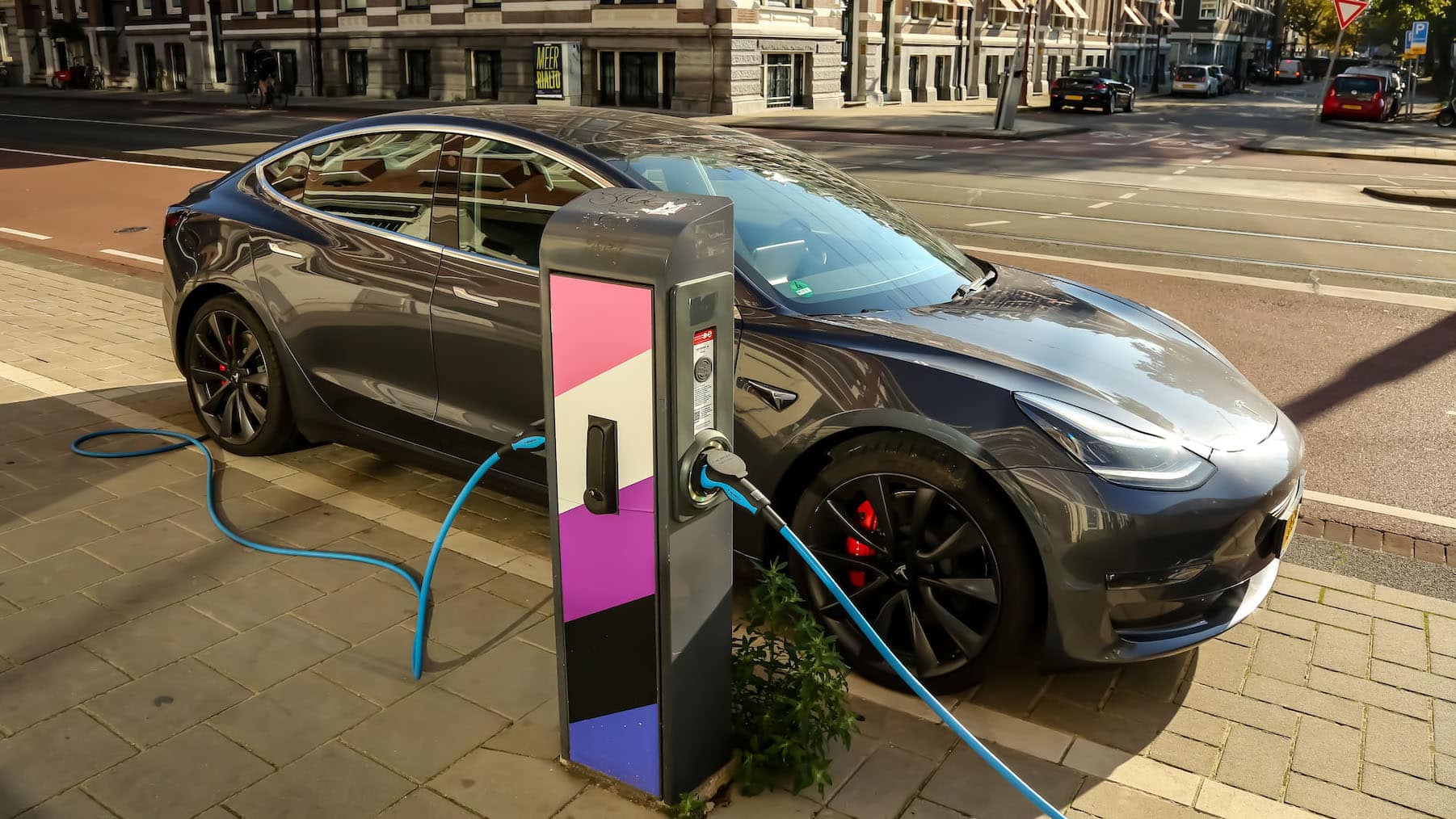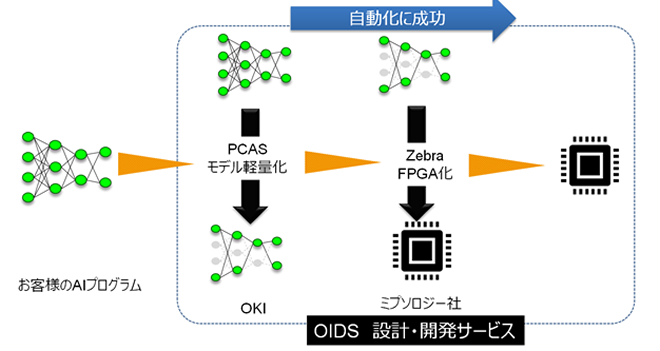2022-10-17 ノースカロライナ州立大学(NCState)

Photo credit: Rick Govic.
電気自動車ユーザーの要求を満たすために、既存の充電ステーションインフラを管理する最善の方法とは何か?
この問いに答えるため、研究者たちはユーザーの視点に立ちたいと考え、電気自動車のドライバーにとって重要な質問に焦点を当てました。充電ステーションに到着するまでの時間は?充電スタンドの利用料金は?充電スタンドに行くのにどれくらい待たされるのか?制限時間を超えて充電ステーションに滞在した場合、どのような罰金があるのか?
研究者らは、ゲーム理論の枠組みを利用した複雑な計算モデルで、これらすべての要素を考慮する手法を開発した。
この技術では、2つのことを行う。1つ目は、ユーザーが自分のニーズに合った最寄りの充電設備を見つけるのを助けること。もうひとつは、充電スタンドの運営者が、次の車両が来るまでの充電スタンドでの滞在時間を決定するための動的なシステム。
シミュレーションでは、この技術によってユーザーからのアクセスが改善された。また、シミュレーションでは、充電ステーションの空き時間の柔軟性が、ユーザーがどのステーションを訪れるかを予測する重要な要因であることが示唆された。
<関連情報>
- https://news.ncsu.edu/2022/10/game-theory-ev-charging/
- https://ieeexplore.ieee.org/document/9918676/authors
ゲーム理論に基づく充電施設における動的サービススケジューリング手法 A Game-Theoretic Approach for Dynamic Service Scheduling at Charging Facilities
Leila Hajibabai; Amir Mirheli
IEEE Transactions on Intelligent Transportation Systems Published:13 October 2022
DOI: 10.1109/TITS.2022.3212017
Abstract
Electric vehicle (EV) charging patterns are highly uncertain in both location, time, and duration particularly in association with the predicted high demand for electric mobility in the future. An EV can be charged at home, at charging stations near highway ramps, or on parking lots next to office buildings, shops, airports, among other locations. Charging time and duration can be fixed and continuous or flexible and intermittent. EV user preferences of charging services depend on many factors (e.g., charging prices, choice of destinations), causing EV charging patterns to shift in real-time. Hence, there is a need for a highly flexible EV charging network to support the rapid adoption of the technology. This study presents a dynamic scheduling scheme for EV charging facilities considering uncertainties in charging demand, charger availability, and charging rate. The problem is formulated as a dynamic programming model that minimizes the travel and waiting costs and charging expenses while penalizing overcharging attempts. An integrated generalized Nash equilibrium technique is introduced to solve the problem that incorporates a Monte Carlo tree search algorithm to efficiently capture the uncertainties and approximate the value function of the dynamic program. Numerical experiments on hypothetical and real-world networks confirm the solution quality and computational efficiency of the proposed methodology. This study will promote EV adoption and support environmental sustainability by helping users lower the charging spot search burden via a real-time, user-adaptive optimizer. Stakeholders can retrieve charger utilization and pricing data and get feedback on their charging network policies.



